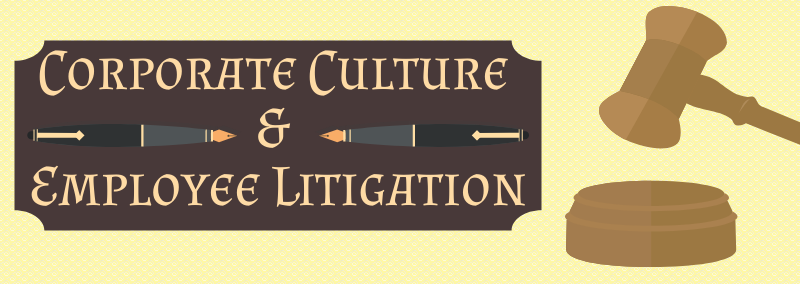The Hidden Crisis: Why Healthcare Organizations Need Professional Workplace Investigations

Working in healthcare means dealing with life-and-death situations daily. But there’s another crisis brewing behind hospital doors—one that threatens patient safety, destroys careers, and costs healthcare systems millions. I’m talking about workplace misconduct that goes far beyond typical office drama. After investigating hundreds of cases in medical facilities, we’ve seen how quickly things can spiral […]
Corporate Culture & Employee Litigation
